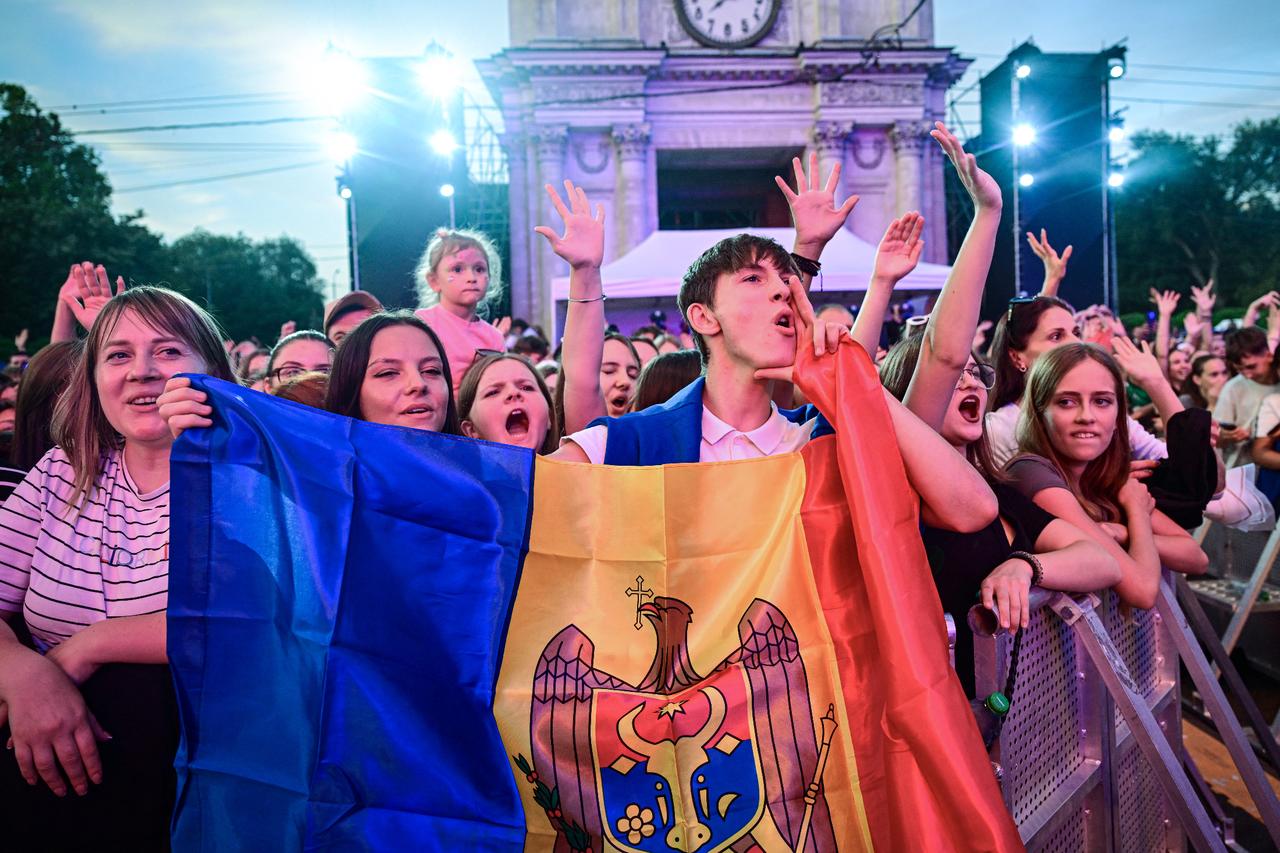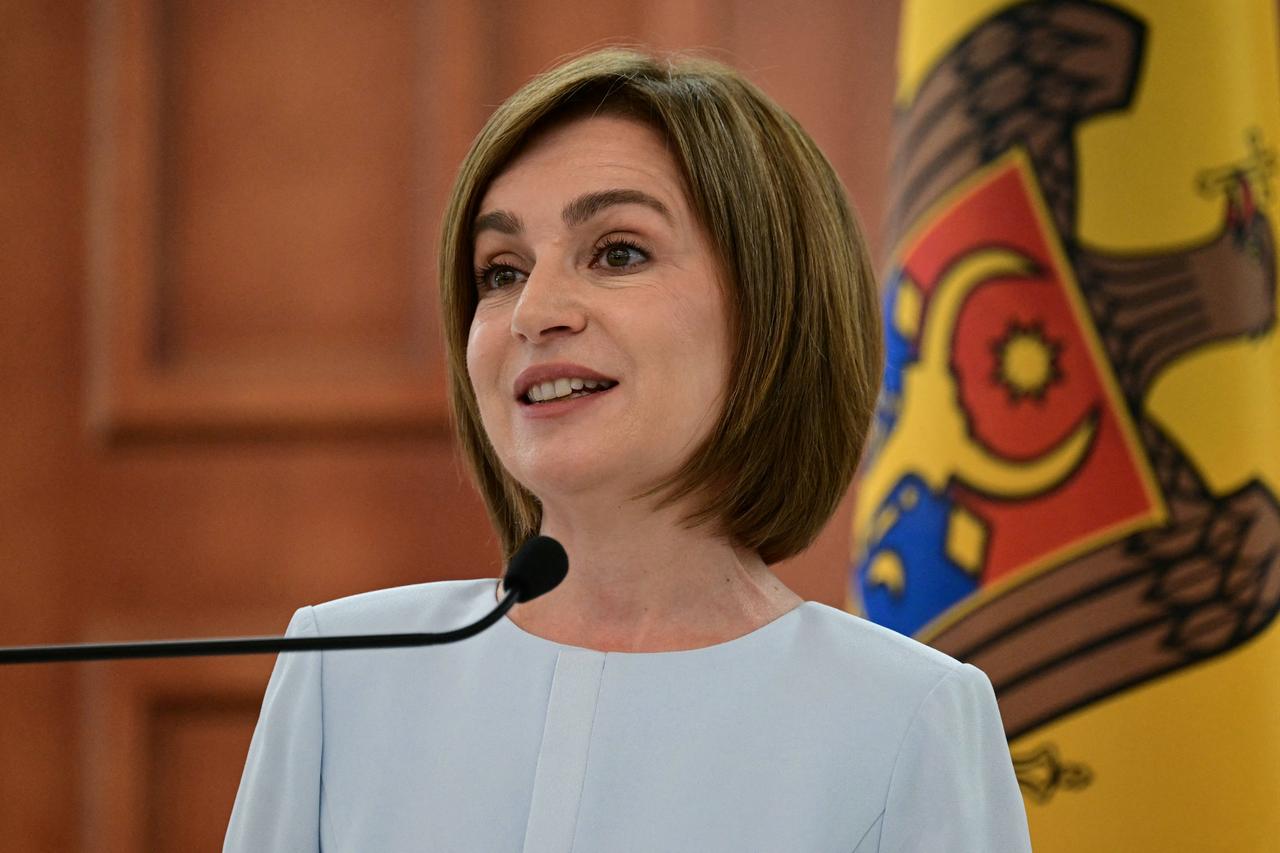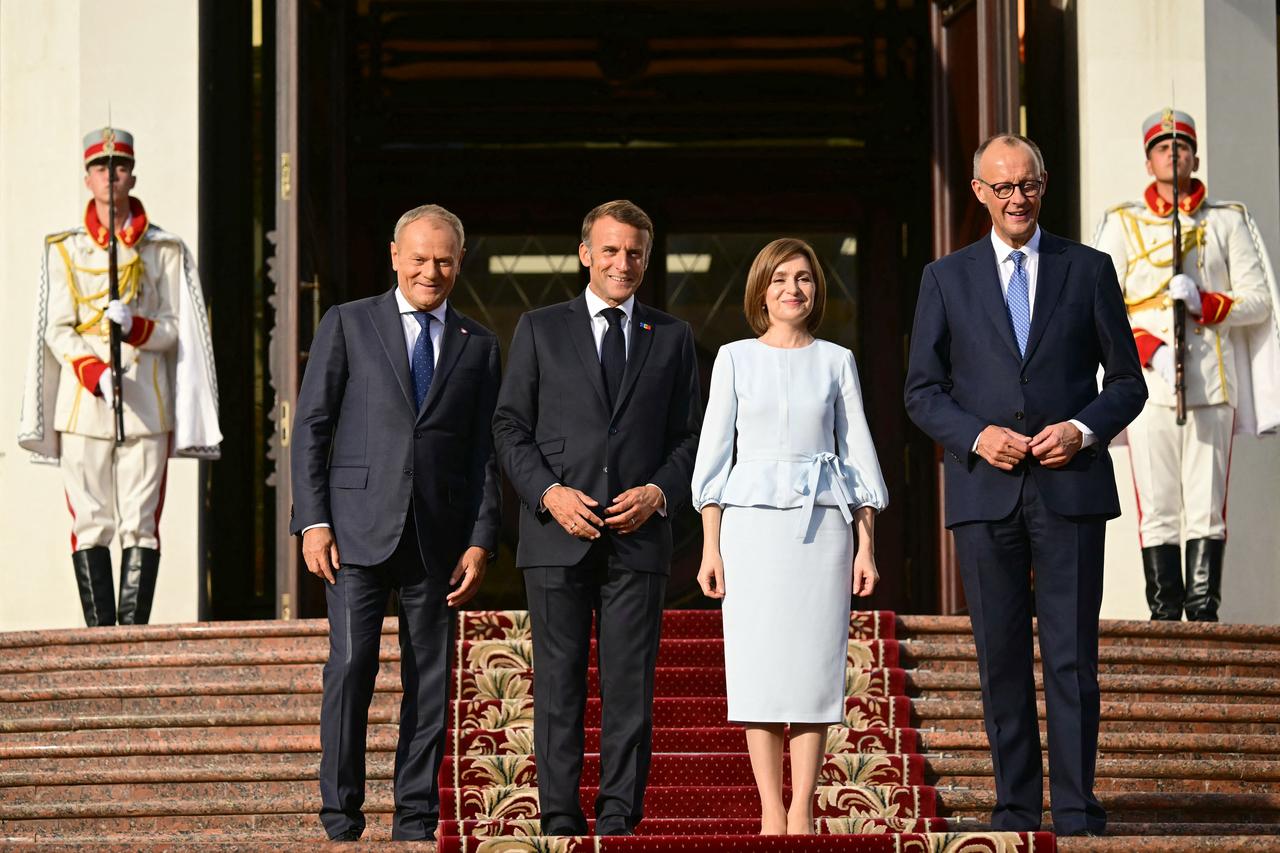
With parliamentary elections scheduled for Sept. 28, Moldova is at a critical political and strategic crossroads.
Positioned between Ukraine and the European Union, the country faces a choice that could determine whether it continues toward Europe or drifts closer to Russia.
President Maia Sandu’s Party of Action and Solidarity (PAS) is currently leading the polls with around 39% support, while the pro-Russian Socialist Party stands at roughly 15%.
However, nearly a third of voters remain undecided, leaving the outcome uncertain. Analysts warn that these undecided voters will play a decisive role in shaping the country’s trajectory.
In the months leading up to the vote, Russian influence has become increasingly visible.
According to Watchdog Moldova, a local think tank, reports that more than 900 social media accounts are actively spreading content critical of the EU and Moldova’s pro-European leadership.
The campaigns exploit historical, linguistic and economic ties with Russia, as well as genuine domestic support for closer relations with Moscow, to influence public opinion and sow distrust in democratic institutions.

The stakes extend well beyond domestic politics. According to the Center for Strategic and International Studies (CSIS), a government committed to European integration would strengthen regional security, improve border management, and attract foreign investment.
Moldova’s economy could benefit from expanded trade and labor mobility, potentially reversing decades of population loss. Since the early 1990s, the country has lost roughly 1.5 million residents from a population of 4.3 million, largely due to limited domestic opportunities.
Stability in Moldova also carries broader significance for the European Union. The country has taken in significant numbers of Ukrainian refugees since Russia invaded Ukraine, placing pressure on local systems.
A pro-European outcome would reinforce border security, help manage migration, and signal EU support for countries resisting external pressures.
On the other hand, a pro-Russian shift could halt Moldova’s EU ambitions, weaken democratic institutions and expand Russian influence in Eastern Europe.
Corruption remains a significant challenge in Moldova. Decades of entrenched oligarchic influence have weakened institutions and undermined public trust.
Current government efforts focus on reforming governance structures, increasing transparency, and reducing the influence of powerful economic actors, though progress remains politically sensitive and contested.

Facing this pressure, European voices have rallied. On Aug. 27, French President Emmanuel Macron, German Chancellor Friedrich Merz, and Polish Prime Minister Donald Tusk visited Chisinau, signaling robust support for Moldova’s EU aspirations.
“France fully supports this choice (to pursue EU membership)… France will continue to provide determined support to Moldova during the next stages of its journey toward membership,” Macron affirmed.
He also specifically denounced Russian “lies” targeting EU integration.
President Sandu, responding at the event, emphasized sovereignty: “Today, our friends stand here beside us to say clearly: Moldova matters. And accession to the European Union is not a distant dream. It is a project we are working on.”